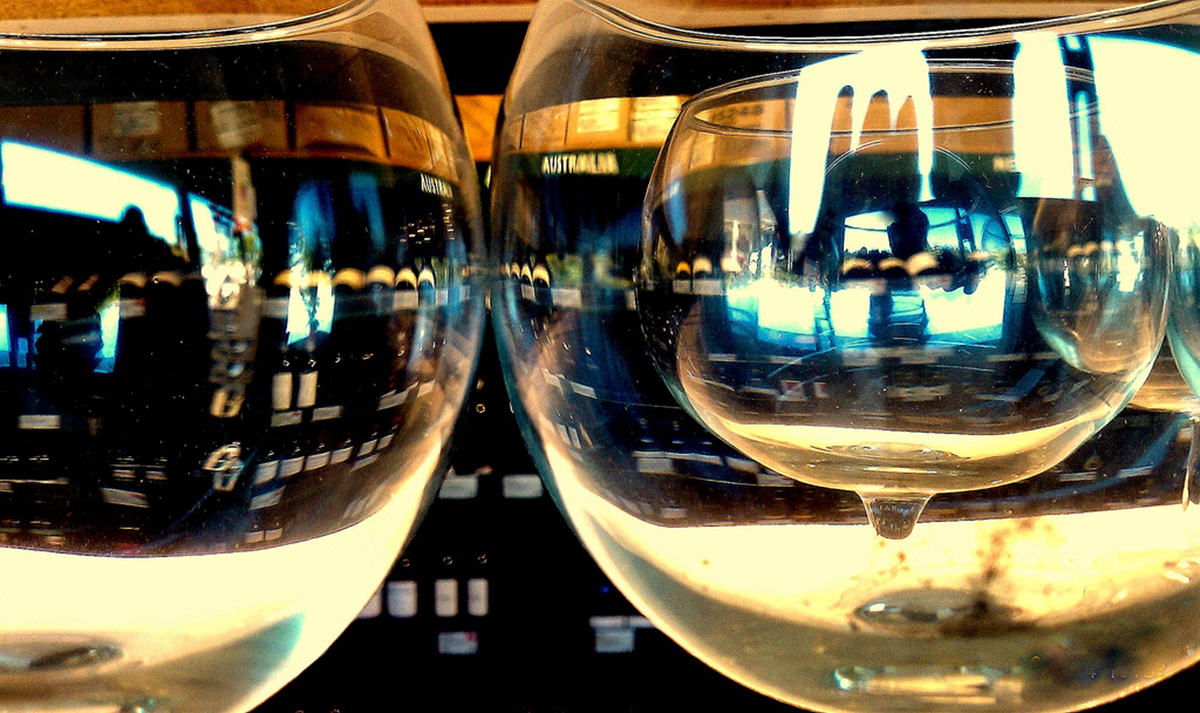Table of Contents
How Does The DSM Define Alcohol Use Disorder?
The latest Diagnostic and Statistical Manual of Mental Disorders, the DSM-5, lists the following criteria for alcohol abuse disorder:
- Drinking more or longer than you planned.
- Experiencing more than one failed attempt to stop drinking or cut down on alcohol consumption.
- Spending a lot of time drinking or being hung over.
- Having experienced situations in which you wanted a drink so badly that you couldn't think of anything else.
- Finding that drinking or being hung over interferes with your daily responsibilities, including school and work, frequently.
- Continuing drinking even in the face of alcohol-related social problems.
- Favoring drinking alcohol over other activities that were previously important to you.
- Getting into alcohol-induced situations that put you at risk more than once: driving while intoxicated, having unsafe sex, and swimming while drunk are examples.

- Continuing drinking despite experiencing (mental) health problems as a result.
- Building up tolerance — you need more alcohol to get the same effect as time goes on.
- When sobering up, you experience withdrawal effects like shakiness, restlessness, sweating, sleeping difficulties, and even seizures.
This is, I know, a long and unpleasant list. Please take your time to review it carefully and truly reflect on whether any of these points apply to you, and if so how many. Were you to consult a psychologist about your drinking, they would ask you how many of these points have applied to you over the last year.
On a more informal note, anyone who feels they need to drink to be able to relax, who feels ashamed or guilty about their drinking, who hides it from others, who drinks more than they intended, who forgets what they did or said while they were intoxicated, and whose loved-ones are worried about them need to consider the possibility that they have a drinking problem.
READ Antibiotics & Alcohol: The Truth And Myths
While you may not technically be an alcoholic, building up tolerance to alcohol and becoming reliant on it is always a problem. Habitual drinking can cross into alcohol use disorder, and if you want to quit drinking but can't and find that booze plays a more significant role in your life than you'd like, you need to acknowledge that.
I Have A Drinking Problem — What Now?
What now? Well, that depends on the nature of your problem. Social binge drinkers may be able to quit overusing alcohol simply by not attending events where they tend to drink, and people who are believe their "night caps" are spiraling out of control may be able to cut down on their own. If you have tried and failed, though, seeking therapy is the logical first step.
Therapists can help you by assessing your alcohol use as well as the reasons behind it, and suggesting ways to cut down or stop. They can also help you get into 12-step or other alcohol cessation programs. They're there to help you. Emerging drinking problems are easier to nip in the bud than long-standing ones, and if you acknowledge that you have a problem, seeking help is both courageous and incredibly productive. With the right help, you can improve your long-term health and psychological outcome really fast.
- Photo courtesy of Kimery Davis: www.flickr.com/photos/117025355@N05/12429334035/
- Photo courtesy of Kimery Davis: www.flickr.com/photos/117025355@N05/12429334035/
- Photo courtesy of keoni101: www.flickr.com/photos/keoni101/5273144526/
- Photo courtesy of keoni101: www.flickr.com/photos/keoni101/5273144526/


Your thoughts on this